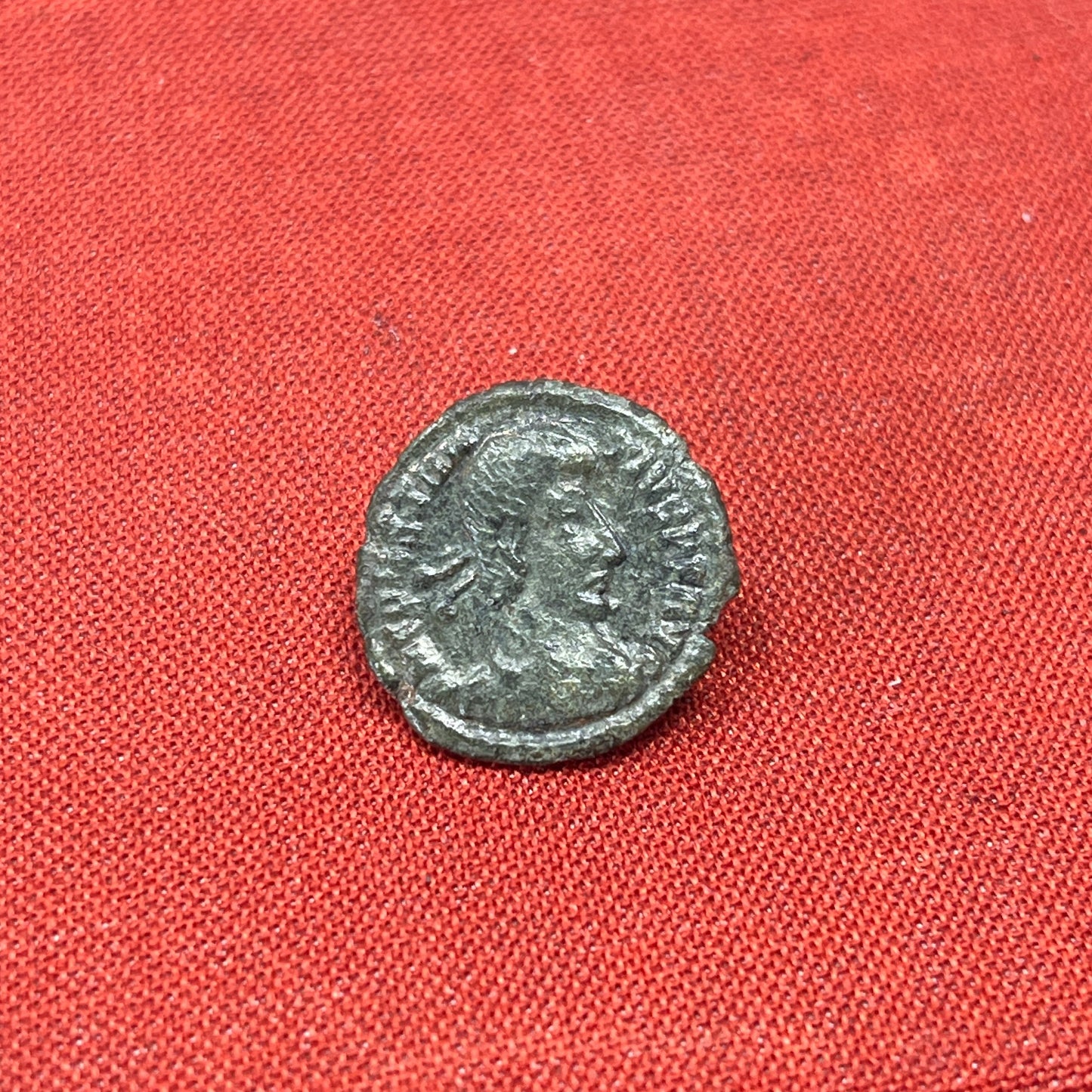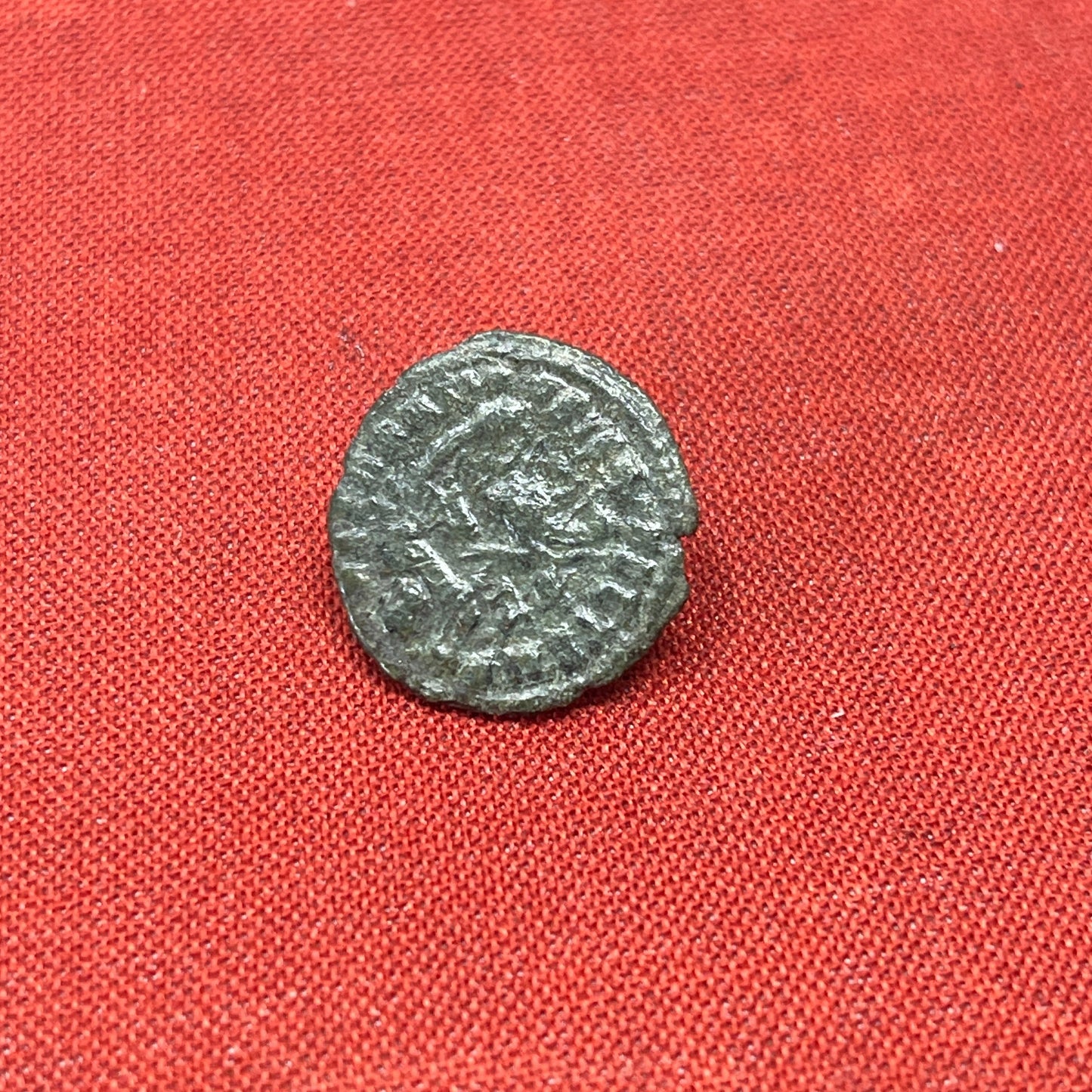Tom & Jerrys Militaria and Collectables
Constantius II AE Centenionalis, Falling Horseman Coin
Constantius II AE Centenionalis, Falling Horseman Coin
Couldn't load pickup availability

Product Condition
Product Condition
Shipping & Returns
Shipping & Returns
Shipping
All orders are subject to a delivery, packing & handling charge. The correct charges will be automatically calculated via our Shopping basket ordering system and are based on the total weight of your order, your location, and our normal method of despatch. Please be aware that we reserve the right to alter any miscalculation, plus or minus, and you will be notified prior to shipping of any changes.
When shipping items, we use the UK Royal Mail, EVRI, DPD and Parcel Force in the event of a parcel arriving with contents damaged ALL the packaging must be kept for inspection by the delivering shipping contractor whoever that contractor is, failure to adhere to this WILL result in ANY claim being denied.
We do ship internationally and will always use a Tracked and Signed for service. We strive to use the best and most economical shipping services available
All shipping, insurance and import charges will be borne by the customer.
All lots are shipped at the buyers risk no compensation will be offered for items lost or broken in transit. Alternatively you can pay for your own courier.


Product Description
The Constantius II AE Centenionalis, Falling Horseman Coin is a remarkable numismatic artifact from the reign of Constantius II, who ruled as Roman Emperor from A.D. 337 to 361.
This bronze coin, also known as a Centenionalis, features an intriguing and dramatic design on its obverse and reverse faces. On the obverse, a portrait of Constantius II is depicted, presenting him as a dignified and authoritative leader of the Roman Empire. However, it is the reverse side that captures the attention of collectors and historians alike. The reverse of the coin showcases a poignant scene of a falling horseman, symbolizing a defeated enemy. This powerful imagery not only highlights Constantius II's military prowess and victories but also serves as a reminder of the violent and uncertain times during the tumultuous fourth century of the Roman Empire.
PROVENANCE:
Property of a West London, UK, gentleman.
References RIC


